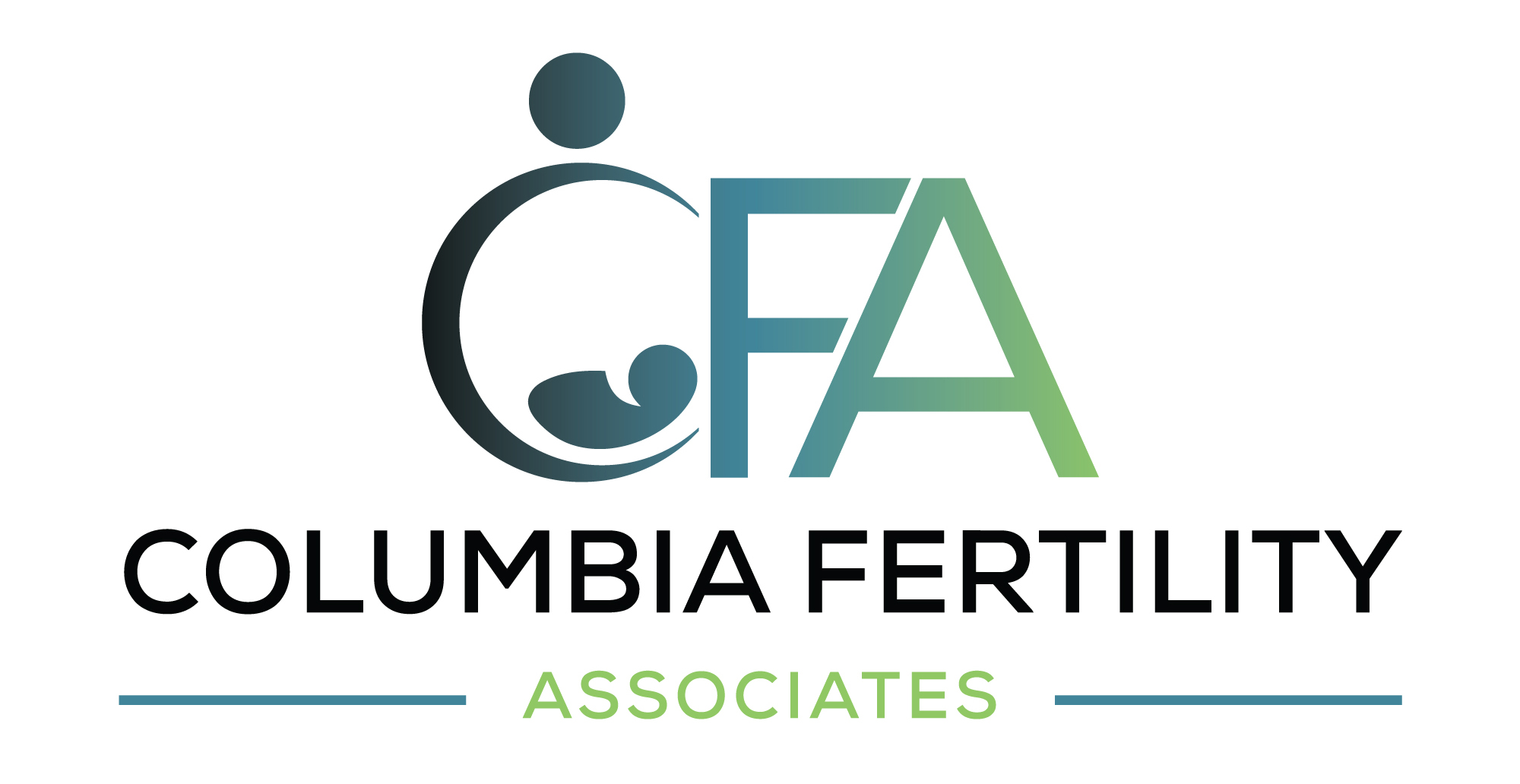A miscarriage is a devastating experience for most women. Devastating and lonely. While your friends and family may not think of the miscarriage as the death of the child, that’s exactly what it feels like to you. A new life that you and your partner had created, and which was growing inside you, died.
Even though miscarriages are common — about 20% of known pregnancies end in miscarriage — we don’t talk much about them in our culture. Women, and their partners, grieve the loss of the baby-that’s-not-to-be alone. Added to the grief of loss is the confusing question of why the miscarriage happened in the first place.
Our expert OB/GYNs and infertility specialists at Columbia Fertility Associates have shepherded many women and their partners through the trauma of miscarriage. Here they lay out some common reasons for pregnancy loss, and why a miscarriage doesn’t mean that you can’t go on to have a healthy child in the future.
The fetus isn’t viable
In approximately 70% of cases, miscarriages occur because the fetus has chromosomal abnormalities that prevent it from developing. In other words, the miscarried fetus could never have become a baby.
A more accurate term than miscarriage, in this case, is “spontaneous abortion.” When a fetus has chromosomal defects, it can’t continue to grow, and so your body expels it.
You have a medical condition or complication
You’re more likely to carry a fetus to term if you’re healthy and young. Medical conditions that may raise your risk for pregnancy loss include:
- Diabetes
- Obesity
- Heart disease
- Lupus
- Other autoimmune diseases
- Thyroid disease
- Hormonal disorders
- Kidney disease
Even if you’re healthy, older maternal age also raises your risk for a miscarriage. If you’re 35 years old or younger, you only have a 15% chance of pregnancy loss. But if you’re 45 or older, your risk increases to 50%.
If you’re over 35 or have a medical condition, we label your pregnancy as “high risk.” We then provide extra support and monitor your pregnancy more closely, to give you the best chance of carrying and delivering a healthy baby.
You have structural abnormalities
In some cases, abnormalities in your uterus may prevent you from carrying a child to term. About 18% of women who’ve had more than one miscarriage have evidence of uterine abnormalities.
Sometimes the uterus has an abnormal shape, such as heart-shaped, or it’s smaller than usual. Extremely large uterine fibroids can distort the shape of your uterus and may prevent a fetus from growing.
If you’ve had a miscarriage and would like to become pregnant again, we check your uterus and other reproductive organs to be sure they’re healthy. If you have fibroids or another abnormality, we may recommend hormonal or surgical treatment to increase your odds of a healthy pregnancy.
You were exposed to toxins
If you had cancer and had to undergo radiation therapy, that may increase your risk for miscarriage. Similarly, working or living in toxic or highly polluted environments may increase your risk.
To minimize your risk for miscarriage, avoid:
- Smoking
- Drinking alcohol
- Using recreational drugs
- Toxic chemicals
- Pollution
Certain medications, such as isotretinoin
A healthy lifestyle is good for both you and any children you conceive. Identify and avoid toxins or stressors in your life. Switch to a whole-food diet, get plenty of exercise, and achieve a healthy weight.
Almost all women who miscarry go on to have a healthy child. If you’ve miscarried and want to prevent a future pregnancy loss, or if believe you may be at high risk, contact our team at Columbia Fertility Associates in Washington, DC; Bethesda, Maryland; or Arlington, Virginia, for help and support today.








